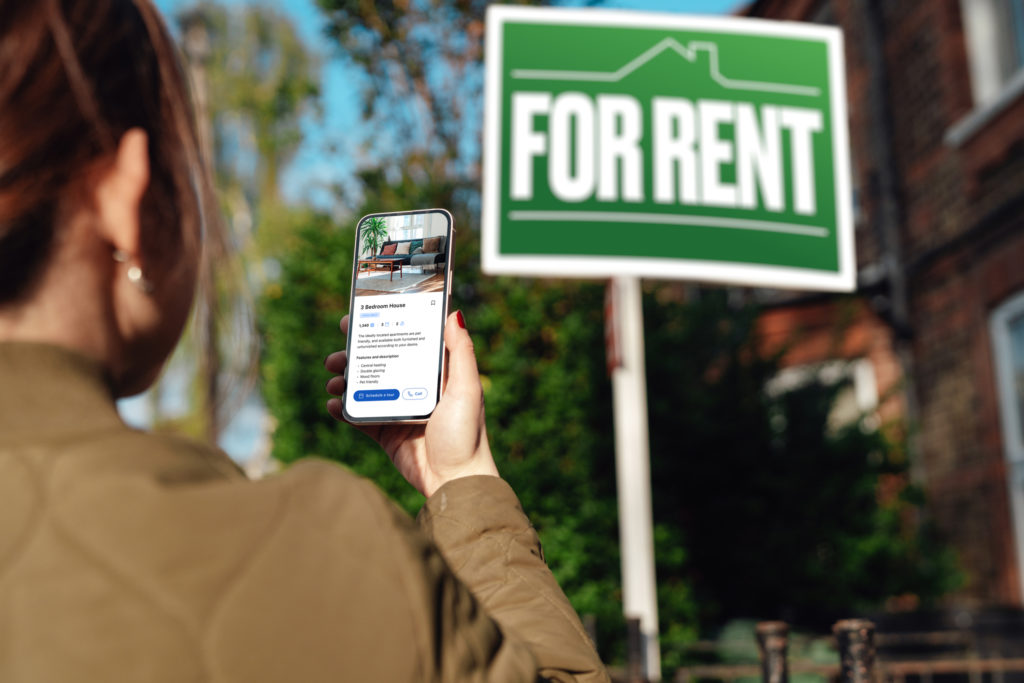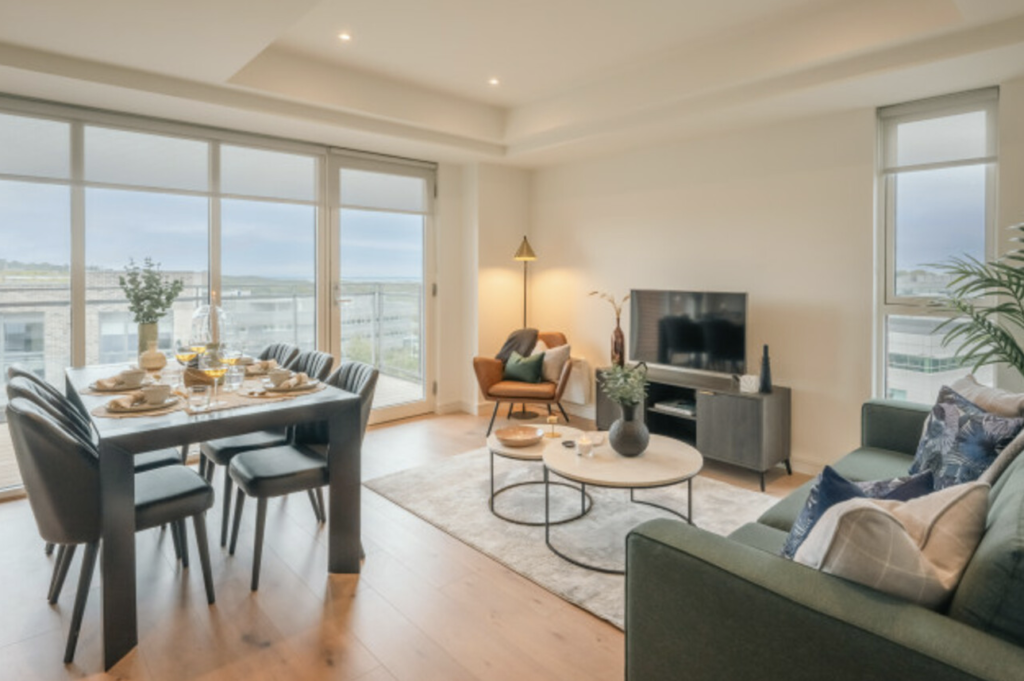Renting your very first apartment, flat or house is exciting. You’re ‘fleeing the nest’, but it’s also a bit scary – and we’re not just talking about that new big monthly bill.
A lot of first-time renters go in blind, which is understandable as they’ve lived at home. So it’s normal not to know everything when it comes to renting your first place. But there are a few things you should know upfront before you sign on the dotted line.
When should I hand over a deposit?
Not until you have seen the property in person, and you are happy with its standards. Don’t pay in cash and always insist on a receipt. A deposit tends to be a month’s rent.
Can my landlord visit my home whenever he / she likes?
Your landlord is only allowed enter your home with your permission. If, for instance, they want do repairs or inspect the premises he or she should get in touch with you and make arrangements. You are also entitled to have your landlord’s contact information e.g. telephone number, email address, postal address.
Who covers the cost of repairs?
Your landlord does and if you call on someone to do repairs you should be reimbursed.
When must the landlord let me know if he / she wants me to leave?
During the first six months of your tenancy the landlord can ask you to leave without giving reasons (unless you’re on a fixed-term tenancy), but must write to you with a least 28 days’ notice. (Only a few days notice is required in the first six-months if you have behaved anti-socially or caused serious damage to the property.)
What do I do if my landlord wants to put up my rent?
The first thing you need to do is find out whether you are living in a ‘rent-pressure zone’ or not. Type the address in the Residential Tenancies Board [RTB] website to find out. If you live in a rent-pressure zone, landlords are only allowed to increase rent up to 4% a year or 12% over three years. Pressure zones include all of Dublin, Cork city and some of its suburbs, parts of Galway city and parts of commuter counties around Dublin including Meath, Wicklow and Kildare.
Your monthly housing payments are more than just rent
Ask the landlord how much utilities typically cost for tenants, as well as whether there are fees for amenities, and factor that into your budget.
You should know how much it’ll cost you if you have to break your lease
It’s best not to do it, but if for some unforeseen reason you have to, know the cost in advance so you can plan for it.
Your lease might automatically renew
You need to check that with your landlord (and probably an advisor) before you sign anything.
You can often save by signing a longer contract
Some landlords offer a monthly discount for renters who sign an 18-month or two-year lease. Finding new tenants is a hassle for them, so they often want to keep renters in place
Get Renters' Insurance
Of course you’re not exactly thrilled about taking on an extra monthly debt, but renters insurance will cover your personal belongings – your landlord’s insurance won’t. It’s about €10 a month. (Think about how much it would cost you to replace all your stuff, in the event of loss.)





